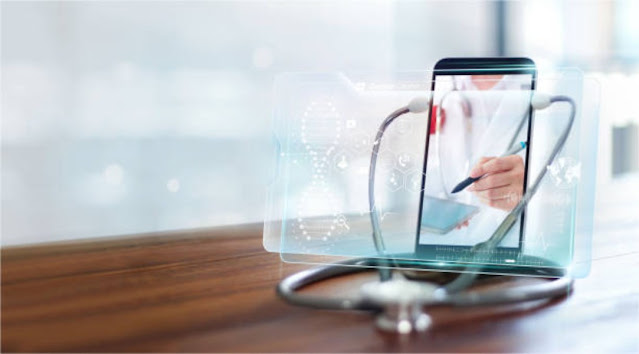health gadgets

Health gadgets and technologies have advanced significantly in recent years, offering innovative solutions for monitoring and improving health and well-being. Here are some examples of popular health gadgets and technologies:
Fitness Trackers: Fitness trackers, such as Fitbit, Garmin,
and Apple Watch, are wearable devices that track various aspects of physical
activity and health. They monitor metrics like heart rate, steps taken,
calories burned, and sleep patterns, providing insights into overall fitness
levels.
Intelligent Scales: Smart scales like Withings Body+ and
FitTrack measure weight and analyze body composition. They provide data on
metrics like body fat percentage, muscle mass, and bone density, allowing users
to track their progress and adjust their fitness and nutrition goals
accordingly.
Blood Pressure Monitors: Digital blood pressure monitors
allow individuals to measure their blood pressure accurately at home. These
devices are compact and user-friendly, helping people with hypertension or
other cardiovascular conditions monitor their blood pressure regularly and
share the data with their healthcare providers.
Smartwatches for Health Monitoring: Smartwatches, like the
Apple Watch, Samsung Galaxy Watch, and Google Pixel Watch, go beyond fitness
tracking. They offer heart rate monitoring, electrocardiogram (ECG)
capabilities, fall detection, and blood oxygen level monitoring. These features
can provide early indications of potential health issues.
Sleep Trackers: Sleep trackers, such as Oura Ring and
SleepScore Max, monitor sleep patterns and provide insights into sleep quality.
They track factors like sleep duration and stages (light, deep, REM) and even offer
personalized recommendations to improve sleep hygiene.
Smart Inhalers: Smart inhalers, like Propeller Health and
ResMed's AirSense, help individuals with asthma and other respiratory
conditions manage their symptoms effectively. These devices track medication
usage, provide reminders for inhaler doses, and offer insights into
environmental factors that may trigger symptoms.
Telehealth Platforms: Telehealth platforms and apps have
gained popularity, especially during the COVID-19 pandemic. These platforms
enable remote consultations with healthcare professionals through video calls,
allowing patients to receive medical advice, prescriptions, and even diagnoses
from the comfort of their homes.
Wearable ECG Monitors: Wearable electrocardiogram (ECG) monitors,
such as AliveCor's KardiaMobile and the Apple Watch Series 6, can capture and
analyze heart rhythm data. They can detect irregular heart rhythms like atrial
fibrillation and warn individuals early about potential cardiac issues.
Smart Pillboxes: Smart pillboxes, like MedMinder and Pillsy,
help individuals manage their medication schedules. These devices provide
reminders to take medications, track adherence, and even notify caregivers or
family members if a dose is missed.
Posture Correctors: Posture correctors, such as Upright Go and Lumo Lift, are wearable devices that help improve posture. They use sensors and gentle vibrations to provide real-time feedback whenever the user reclines, promoting better posture habits and reducing the risk of associated musculoskeletal problems.
It's important to note that while these health gadgets and
technologies can be beneficial, they should not replace professional medical
advice. Always consult with healthcare professionals for accurate diagnosis,
treatment, and guidance regarding your health concerns.


